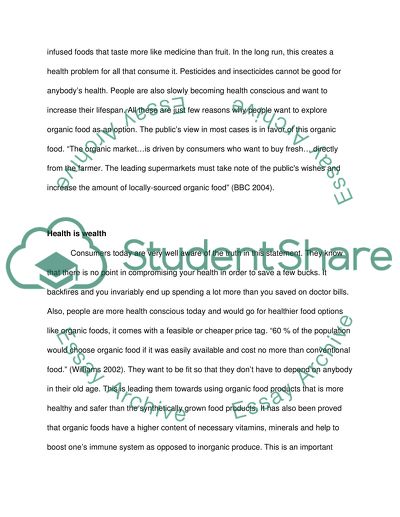Cite this document
(“Retail Marketers: Organic Food Products Essay Example | Topics and Well Written Essays - 2000 words”, n.d.)
Retrieved from https://studentshare.org/marketing/1440191-describe-and-explain-the-needs-and-wants-that-make
Retrieved from https://studentshare.org/marketing/1440191-describe-and-explain-the-needs-and-wants-that-make
(Retail Marketers: Organic Food Products Essay Example | Topics and Well Written Essays - 2000 Words)
https://studentshare.org/marketing/1440191-describe-and-explain-the-needs-and-wants-that-make.
https://studentshare.org/marketing/1440191-describe-and-explain-the-needs-and-wants-that-make.
“Retail Marketers: Organic Food Products Essay Example | Topics and Well Written Essays - 2000 Words”, n.d. https://studentshare.org/marketing/1440191-describe-and-explain-the-needs-and-wants-that-make.


